LATEST INSIGHTS
Your Present Location: LATEST INSIGHTS-

Tailored support can boost private economy
President Xi Jinping's recent speech on the private economy has boosted confidence in the private sector as well as China's economy. But what difficulties nonpublic enterprises face and how can they be resolved? Four experts share their views on the issue.
2018-11-16 -
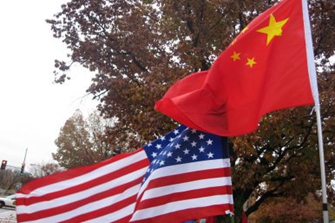
Chen Dingding: For China, how much will the outcome of the US mid-term elections matter?
The highly anticipated U.S. midterm elections are finally through. Although some votes are still being counted or recounted, the main result seems to be clear: the opposition Democratic Party has regained the control of the House while the Republican Party retains its majority in the Senate.
2018-11-16 -
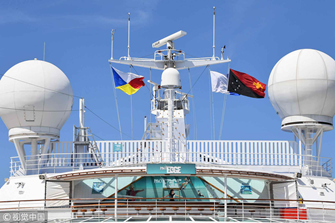
Wang Peng: Pacific islands value China cooperation, see no threat
The 2018 Asia-Pacific Economic Cooperation (APEC) Economic Leaders' Week is taking place from November 12-18 in Port Moresby, Papua New Guinea.
2018-11-16 -
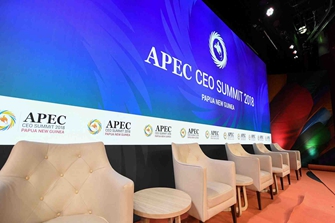
Chen Chenchen: Inclusive growth a lightning rod against Asia-Pacific uncertainties
The leaders, ministers, and officials of the APEC member economies are gathering in Port Moresby, capital of Papua New Guinea this week, aiming to provide policy stimulus for Asia-Pacific trade and development.
2018-11-15 -

Ding Gang: Can US melting pot continue to assimilate?
The 2018 US midterm elections have ended with the Republican Party consolidating its position in the Senate and the Democrats winning the House of Representatives. After a heated contest, Democrats were able to regain the House and restore a balance between the two chambers at the heart of US politics.
2018-11-15 -
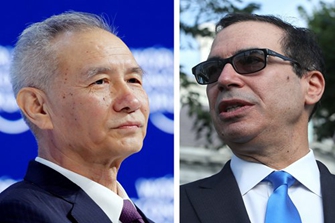
Ice-breaking signs show up for China-US trade dispute
Multiple signals from a variety of sources in China and the US indicate the increasing willingness to engage in serious, high-level talks may be the key to ending deadlocked trade negotiations between the world's two largest economies.
2018-11-15 -
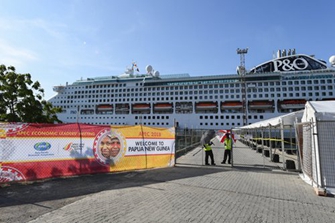
China not seeking political, military advantage with aid for Pacific islands
China's cooperation with Pacific island countries is a "natural" process, as China is providing aid to the countries with the aim of promoting their economic development, an expert said on Wednesday.
2018-11-15 -
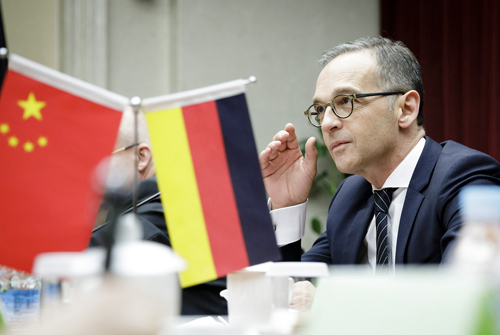
Wang Peng: China-Germany relations have solid footing
German Foreign Minister Heiko Maas began an official visit to China from Monday to Tuesday at the invitation of State Councilor and Foreign Minister Wang Yi. During the visit, the two foreign ministers held the fourth round of the China-Germany Strategic Dialogue on Diplomatic and Security Affairs. Media of both countries and the world witnessed a milestone established to connect the two giants at the opposite ends of the Eurasian Continent.
2018-11-14 -
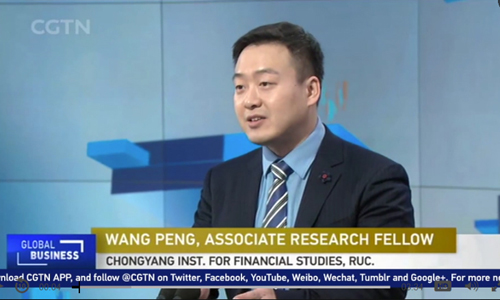
Economic cooperation the flagship outcome for China-ASEAN relations
During the past 15 years, China has enjoyed great relations with ASEAN countries in many fields, where economic cooperation is the flagship outcome, according to Wang Peng, an associate research fellow at the Chongyang Institute for Financial Studies at Renmin University of China.
2018-11-14 -

China seeks global cooperation for the sake of human well-being
The trade conflict between China and the US have been a preoccupation not only in both countries but also the wider world. It has already had damaging impacts on the global economy. On Tuesday, Chinese Premier Li Keqiang said that the ongoing trade disputes with the US remain an "outstanding problem," but he hoped that negotiations will be balanced and mutually beneficial.
2018-11-14 -

Danilo Türk: Contours of a new international economic order
The first China International Import Expo (CIIE) that successfully concluded on November 10 in Shanghai presents China as the world's most promising market for imports of goods and services in the decades to come. Moreover, this prospect is opening the way to imaginative ideas that will broaden the horizons of international economic cooperation.
2018-11-13 -

World is looking forward to the 2nd CIIE already
Yesterday, the first China International Import Expo (CIIE), a dazzling expo that lasted six days, successfully wrapped up in Shanghai. It is reported that 3617 companies from 151 countries and regions participated in the event. According to primary data, over 570 goods, technologies or service products made their debut at the expo and it attracted 3600 foreign buyers from 72 countries and regions. The value of prospective deals reached 57.8 billion US dollars, of which deals made with the Belt
2018-11-13 -

Guan Zhaoyu: World is looking forward to the 2nd CIIE already
Yesterday, the first China International Import Expo (CIIE), a dazzling expo that lasted six days, successfully wrapped up in Shanghai. It is reported that 3617 companies from 151 countries and regions participated in the event. According to primary data, over 570 goods, technologies or service products made their debut at the expo and it attracted 3600 foreign buyers from 72 countries and regions. The value of prospective deals reached 57.8 billion US dollars, of which deals made with the Belt
2018-11-13 -
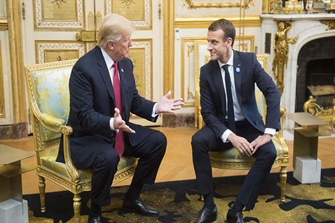
Wang Peng: Is Trump-Macron Twitter spat the start of a trans-Atlantic divorce?
It was reported earlier this week that French President Emmanuel Macron suggested Europe should "build its own military in order to protect itself from the US, China, and Russia." This claim enraged American President Donald Trump, who soon angrily tweeted “very insulting” as a response.
2018-11-13 -
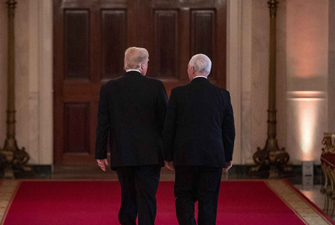
William Jones: Can the mid-term divide help bring the country together?
As was predicted, the Democrats succeeded in winning a majority in the House of Representatives in the mid-term elections on November 6. But the Republicans not only held on to their majority in the Senate, as was also generally predicted, but they also increased it. And yet what looks like a potential for more gridlock in Washington, and even more turbulence in governance, this result may indeed be a means of bringing together a divided electorate.
2018-11-12 -
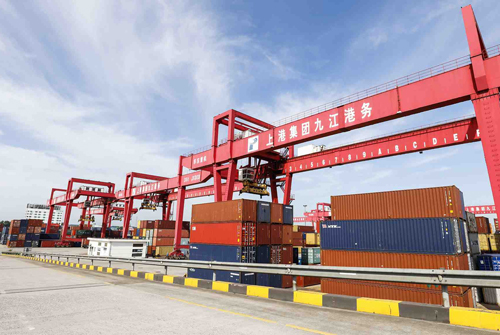
Wang Wen: Three misconceptions about China's import market
Long before the expo, there has been many misconceptions about China's foreign trade. While the CIIE is successfully wrapping up and prospective deals are reported to have reached 57.8 billion US dollars, these misunderstandings are hard to clear up.
2018-11-12 -
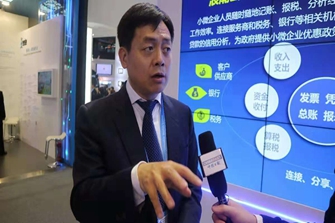
China takes lead in bridging internet divide
China's cyberspace has undergone some earth-shaking developments since 1994 when the country first gained permanent access to the internet, according to Wang Yiwei, Jean Monnet chair professor at the Institute of International Affairs, Renmin University of China.
2018-11-12 -
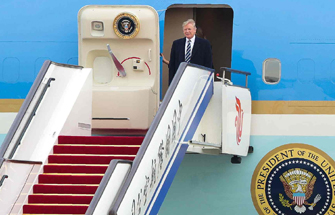
Liu Zhiqin: Why do Americans have difficulty understanding China?
On November 7, former US Treasury Secretary Henry Paulson delivered a speech in Singapore, focusing on the main problems in China-US relations. He believes that if China and the United States cannot reach consensus on certain core issues, the possibility of a "cold war" or "accidental conflict" between the two countries will increase significantly, and the economic "iron curtain" will reappear.
2018-11-12 -
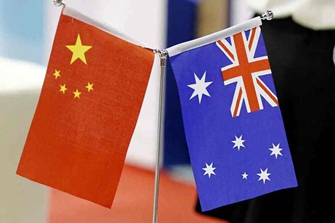
Wang Peng: Why it is the perfect time for Australia's FM to visit China
At the invitation of Chinese State Councilor and Foreign Minister Wang Yi, Australian Foreign Minister Marise Payne is paying a visit to China from November 7 to 9. At this historical juncture, the timing for the meeting between China and Australia could not be better and may serve to turn the page on a new chapter of their bilateral ties.
2018-11-09 -
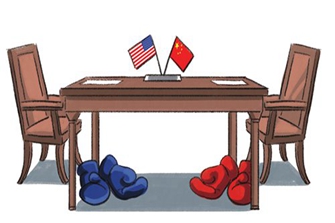
Zhao Minghao: China, US must try to stop new ‘iron curtain’
China and the US will hold their second diplomatic and security dialogue on Friday in Washington. It is expected this dialogue will ease the rising tensions between Beijing and Washington, or at least pause the escalating Sino-US friction.
2018-11-09
























































































 京公网安备 11010802037854号
京公网安备 11010802037854号





